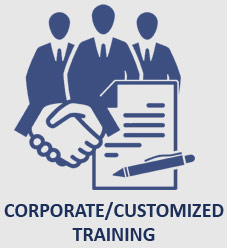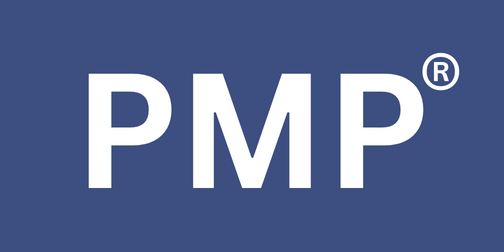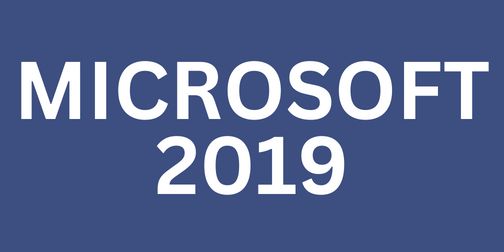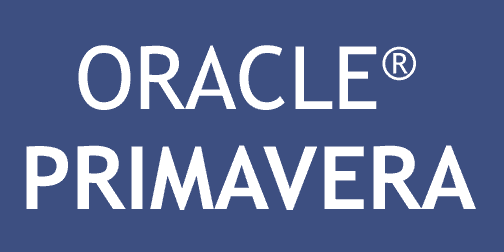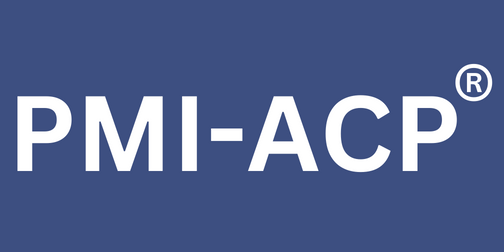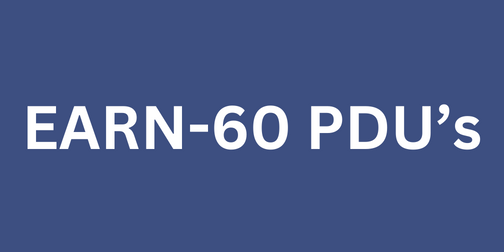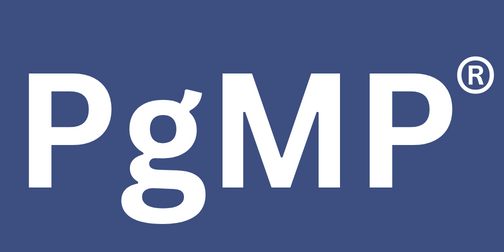
Comparing Project Management Methodologies
Posted On May 30, 2024 - 16:11 PM
Project management methodologies are structured approaches to managing projects, providing guidelines and frameworks to ensure the successful completion of tasks within a set timeframe and budget. With the increasing complexity of projects in various industries, it is crucial to select the right project management methodology that aligns with the project goals and requirements. In this blog post, we will compare and contrast some of the most popular project management methodologies to help you choose the best approach for your next project.
Understanding Project Management Methodologies
Waterfall Methodology
The Waterfall methodology is a traditional and linear approach to project management, where tasks are completed sequentially in a predefined order. This methodology is best suited for projects with well-defined requirements and deliverables, where changes are minimal or nonexistent once the project begins. The distinct phases of the Waterfall methodology include:
-
Requirements: Gathering and documenting project requirements.
-
Design: Creating a detailed plan for the project.
-
Implementation: Executing the plan based on the design.
-
Testing: Verifying that all requirements have been met.
-
Deployment: Delivering the project to the client or end-users.
Agile Methodology
Agile methodology is a flexible and iterative approach to project management, focusing on delivering small increments of work in short cycles called sprints. This methodology is ideal for projects with evolving requirements and a need for frequent collaboration and feedback. The key principles of Agile include:
-
Iterative approach: Breaking the project into smaller tasks to be completed in short cycles.
-
Collaboration: Encouraging communication and collaboration among team members and stakeholders.
-
Adaptability: Embracing change and responding to feedback throughout the project lifecycle.
Kanban Methodology
Kanban methodology is a visual project management approach that emphasizes continuous delivery by visualizing work in progress and limiting work items in various stages of the workflow. Kanban is based on the following principles:
-
Visualizing workflow: Using a Kanban board to visualize tasks and their status.
-
Limiting work in progress: Setting limits on the number of tasks that can be worked on simultaneously.
-
Continuous improvement: Fostering a culture of continuous improvement by analyzing workflow and making adjustments as needed.
Scrum Methodology
Scrum methodology is a framework within the Agile approach that focuses on delivering value to stakeholders in short iterations called sprints. Scrum emphasizes self-organization, collaboration, and adaptability. Key components of Scrum include:
-
Sprints: Fixed-length iterations where work is completed and reviewed.
-
Roles: Defined roles such as Scrum Master, Product Owner, and Development Team.
-
Daily Stand-ups: Brief daily meetings to update team members on progress and address any roadblocks.
Comparing Project Management Methodologies
Flexibility
-
Waterfall: Less flexible as changes are challenging to incorporate once the project has started.
-
Agile: Highly flexible, allowing for changes and adaptations throughout the project lifecycle.
-
Kanban: Flexible in terms of workflow optimization and continuous improvement.
-
Scrum: Offers flexibility within fixed-length sprints to accommodate changes.
Communication
-
Waterfall: Communication is structured and typically occurs at specific project milestones.
-
Agile: Emphasizes frequent communication through daily stand-ups, sprint reviews, and retrospectives.
-
Kanban: Promotes communication through visualizing work and limiting work in progress.
-
Scrum: Encourages close collaboration through daily stand-ups and other Scrum events.
Risk Management
-
Waterfall: Risk management is typically planned at the beginning of the project.
-
Agile: Embraces change and responds to risks throughout the project.
-
Kanban: Allows for quick responses to risks through visualizing workflow and limiting work in progress.
-
Scrum: Identifies and addresses risks during sprint planning and reviews.
Client Involvement
-
Waterfall: Limited client involvement until project completion.
-
Agile: Encourages client feedback throughout the project via frequent demos and iterations.
-
Kanban: Enables client visibility into project progress through visual boards.
-
Scrum: Involves clients in sprint planning and reviews for feedback.
Team Collaboration
-
Waterfall: Team collaboration is limited to specific project phases.
-
Agile: Fosters continuous collaboration among team members through daily interactions and feedback loops.
-
Kanban: Promotes team collaboration through visualizing workflow and limiting work in progress.
-
Scrum: Emphasizes collaboration through defined roles and responsibilities within the Scrum team.
Selecting the Right Methodology for Your Project
When choosing a project management methodology for your project, consider the following factors:
-
Project requirements: Determine the complexity, scope, and flexibility of your project.
-
Team dynamics: Assess the skills, experience, and size of your project team.
-
Client expectations: Understand the level of client involvement and feedback required.
-
Risk tolerance: Evaluate how well each methodology addresses risk management.
-
Organizational culture: Consider how well the methodology aligns with your organization's values and practices.
In conclusion, project management methodologies play a critical role in the success of any project. By understanding the key differences and benefits of methodologies such as Waterfall, Agile, Kanban, and Scrum, you can make an informed decision on the best approach for your project. Whether you prioritize flexibility, communication, risk management, client involvement, or team collaboration, there is a methodology that fits your project needs. Remember that project management is a dynamic field, and the best approach may vary depending on the project requirements and constraints. Choose wisely and adapt as needed to ensure project success.
Check out this blog : Essential Project Management Skills











